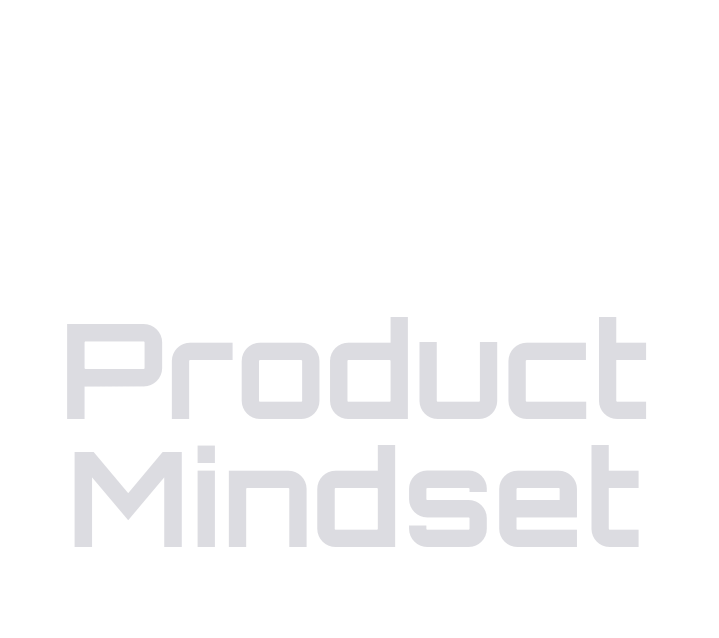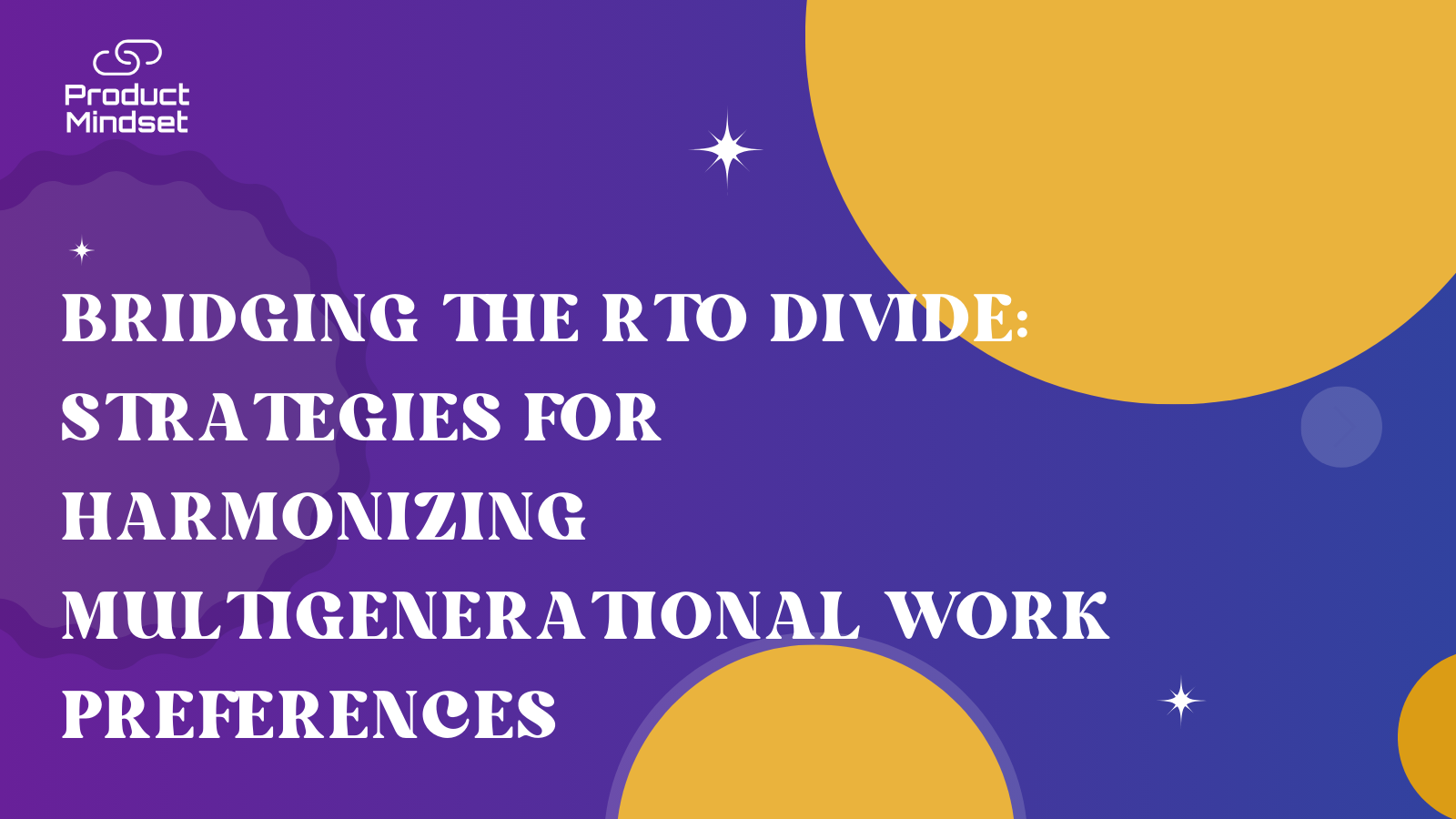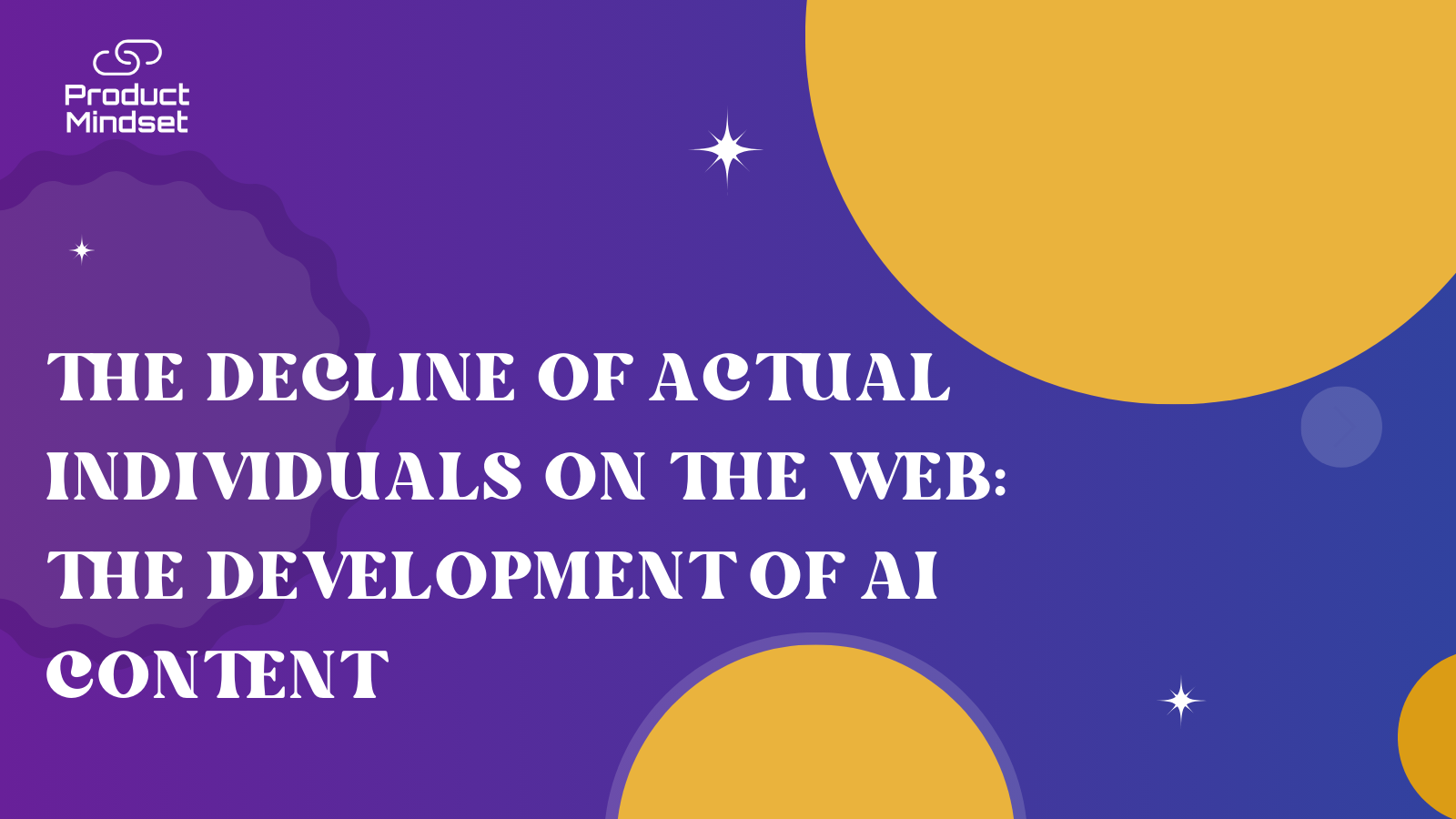Analysts of some studies say that last year, interest in AI doubled, and more than 30% of companies worldwide used AI in their work. It is expected that by 2026, 50% of key business processes will be fully automated.
Automation of business processes
Artificial intelligence has long ceased to be treated as hype, but began to be used as a tool. And this is a colossal shift. Last year, even more than 30% of companies worldwide used AI in their work. According to the annual GITEX exhibition dedicated to information technology, which was held in October in the United Arab Emirates in Dubai, by 2030, 80% to 90% of business processes will be transferred to artificial intelligence. Therefore, with a high degree of probability, we can say that by 2026-2027, 50% of key business processes will be fully automated.
This isn’t just relevant to global companies—the data closely reflects the CIS reality. However, it’s important to keep in mind that the approach in Asia differs. Globally, AI creates opportunities for individuals to earn money, whereas in the Asian context, it is more centered around state corporations and large enterprises, such as banks and tax authorities. These institutions are more closely connected to AI adoption.
How AI helps in business processes
AI is no longer seen as just a trend—it is an essential business tool. By automating repetitive tasks, companies can significantly reduce costs. The most significant expenses in business are payroll and taxation. AI eliminates the need for extensive human resources, reducing salary expenditures and administrative overhead. Unlike human employees, AI operates 24/7, does not require sick leave, and ensures uninterrupted workflow.
AI-driven automation also enhances data processing and customer interactions. Traditional manual data entry and processing are time-consuming, but AI speeds up these tasks while improving accuracy. This is particularly valuable for large-scale enterprises in Asia, where vast amounts of data must be managed efficiently.
AI’s Impact on Various Industries
This area is constantly being studied. Recently, Harvard and Pennsylvania business schools published the results of a large-scale study on the use of neural networks in the daily work of employees of the consulting company BCG, which is one of the top 3 world leaders in its field. The authors of the study measured the effectiveness of employees in 18 skills. Some of them used the capabilities of the GPT-4 neural network, while others did without it. So, consultants using AI, on average, completed 12.2% more tasks, completed tasks 25.1% faster and showed 40% higher quality results compared to those who did not use AI. The experiment involved 728 BCG consultants, the team conducted hundreds of interviews and measurements.
The best of the best received an average of 17% increase in work efficiency, and the cohort of “laggards” lost a total of 43%. As a result, their score task (assessment of work tasks) almost equalized. The situation resembles the era of gold mining by hand: then personal skill was very important, and after the invention of excavators, everyone became equal.
In which areas of business processes does the presence of artificial intelligence technology give the greatest economic effect
Artificial intelligence gives the greatest economic effect wherever it came. First, it came to the banking sector. And now we see in leaps and bounds how digitalization is happening. Then it came to the tax service. We see how the tax service works now. works great in all countries. This is a very quick response to all processes.
Then artificial intelligence came to social networks. And 80% of the content in the world today has already been created by artificial intelligence. I am talking specifically about content for business. Moreover, these are visual pictures, and text history, and content, and articles, and so on.
So, AI is disrupting nearly every sector, and experts predict that within the next 3-5 years, up to 90% of job roles will either disappear or undergo a drastic transformation. In Asia, AI is making a significant impact in the following sectors:
- Banking and Finance
The banking sector was one of the earliest adopters of AI. AI-powered algorithms are now extensively used in fraud detection, customer service automation, and risk assessment. Leading Asian banks are integrating AI to enhance their digital services and streamline financial operations. - Government and Tax Authorities
AI has revolutionized tax collection and compliance monitoring. Many Asian governments are deploying AI-powered solutions to improve tax compliance, detect fraud, and optimize revenue collection. - Social Media and Content Creation
AI is reshaping digital content production. Today, nearly 80% of online content—ranging from visuals and articles to social media posts—is generated by AI. Asian businesses leverage AI for targeted marketing campaigns and automated content creation, driving engagement and customer interaction. - Education Technology (EdTech)
AI is driving personalized education by tailoring learning experiences based on individual student performance. AI-driven tutoring systems eliminate traditional barriers such as language proficiency and accessibility, making education more inclusive across Asia. - Healthcare
AI-powered medical diagnostics and robotic surgery are transforming healthcare. AI helps analyze medical images, detect diseases at an early stage, and assist doctors in developing treatment plans. This technology is especially critical in Asia, where healthcare accessibility varies widely across regions. - Legal and Compliance
AI streamlines legal documentation, contract analysis, and compliance monitoring. Many Asian corporations and government agencies now use AI to classify documents, verify legal compliance, and automate contract generation. - Architecture and Urban Planning
AI is playing a crucial role in designing smart cities across Asia. From urban planning to real estate development, AI accelerates project execution by automating architectural design and optimizing construction processes. - Journalism and Media
AI-generated content is rapidly transforming news and media industries. Automated journalism tools help Asian media outlets produce news articles, summarize reports, and create customized content for different audiences.
The Importance of Staying Ahead in AI Adoption
Businesses that fail to integrate AI risk being left behind. In the competitive Asian market, staying ahead of AI trends is essential. Business leaders, founders, and decision-makers must actively monitor AI developments and implement AI-driven strategies to maintain relevance and efficiency.
AI in Marketing, Sales, and Logistics
Marketing and Branding
AI-driven marketing strategies are now the norm, enabling businesses to analyze consumer behavior, create personalized advertising, and enhance customer experiences. AI offers valuable insights that help brands stand out in competitive markets.
Sales and Customer Engagement
With regulations restricting unsolicited sales calls in many Asian countries, businesses are shifting to AI-driven conversational sales. AI helps create persuasive sales dialogues, automated response chains, and personalized customer interactions.
Logistics and Supply Chain Management
AI optimizes logistics and supply chains by improving demand forecasting, route optimization, and warehouse automation. Many Asian logistics companies, including global leaders like Alibaba and JD.com, have fully integrated AI into their operations.
HR and Workforce Management
AI simplifies HR processes by automating recruitment, employee assessments, and performance tracking. It allows HR professionals to focus on strategic decision-making while AI handles routine administrative tasks.
How much is the number of requests for training artificial intelligence increasing
Requests are increasing, but now another story is increasing. A huge amount of hate is due to the fact that artificial intelligence without a soul, writes without a soul. In fact, this is complete nonsense, because everything that is loaded into AI is the knowledge of humanity. This is the same as saying that a person has no soul. One to one, because this knowledge is a person.
You need to learn how to use AI. Many people think that I just sit down, press a button and off we go. And they don’t understand how many possibilities AI contains. You can compare it to a phone. What functions do you use most often on your smartphone? Very often these are messengers and call, on/off. This is 10% of the functions of a smartphone. It’s exactly the same story with AI. In order to professionally use artificial intelligence in your work, it is important to learn how to use it correctly.
New AI products that are currently entering the market
One of the most groundbreaking AI developments is OpenAI’s Sora, which is set to disrupt the film and media industry. AI-powered video generation will revolutionize content creation, making it difficult to distinguish between real footage and AI-generated visuals.
Asian markets are also witnessing AI advancements in real estate, healthcare, and customer service. AI-driven applications are being developed for property management, automated healthcare diagnostics, and financial advisory services.
Artificial intelligence is no longer just a futuristic concept—it is actively shaping Asia’s business landscape. From banking and government services to education and marketing, AI is transforming industries at an unprecedented rate. Companies that embrace AI early will gain a competitive advantage, while those that hesitate risk falling behind. Understanding and leveraging AI effectively will be crucial for businesses looking to thrive in the digital age.
